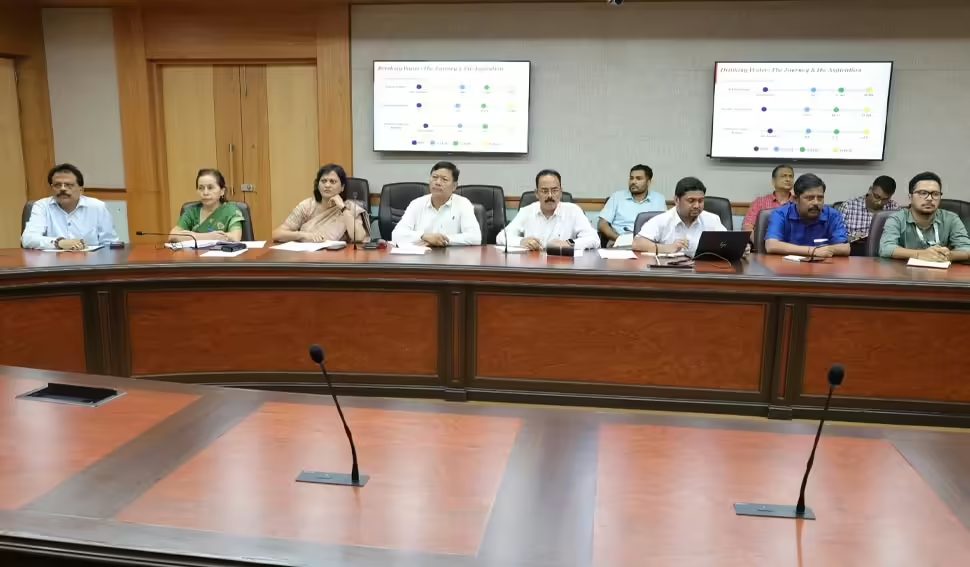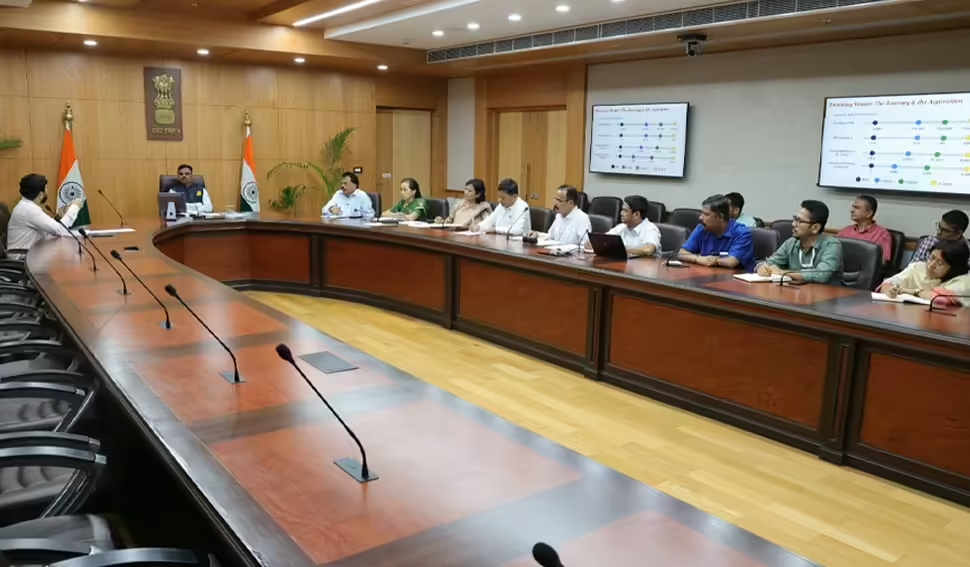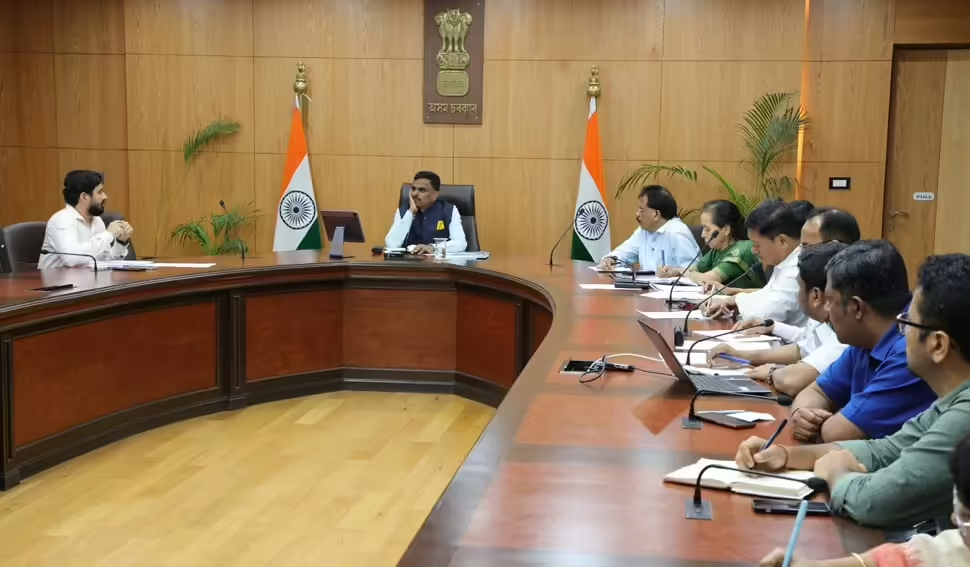Slow pace of progress in JJM implementation in Assam; CS orders for cancellation of contractors, forfeit bank guarantee

As there is a slow pace of progress in the implementation of the Centrally-sponsored Jal Jeevan Mission (JJM) in Assam, chief secretary Ravi Kota ordered the mission director to cancel the “poor performing contractors” with forfeiture of their bank guarantee.
Kota has reviewed the progress of the JJM and related piped water supply projects in the state in a high-; level meeting in the presence of the officials of PHED and JJM and some of the district commissioners on Monday.
According to the official figure, the JJM covered 56,53,388 people in the state bearing a percentage of 79.03 till June 11.
However, the official figures of “poor performing contractors” are not available from the JJM Assam office.
In the meeting, the chief secretary also directed that action be taken to debar the “poor performing contractors” from working on contracts in other departments of the state government as well.
Kota also directed that for the “slow-performing contractors”, liquidated damages as per the contract conditions may be levied for undue delays in execution of schemes.

To overcome the constraints and make Har Ghar Jal a reality, efforts are being made to recruit and re-assign skilled manpower by engaging technical resources from other Engineering departments. Capacity-building sessions are organised at regular intervals for the newly engaged engineers such as crash courses, online workshops, exposure visits, and refresher programs at various levels. Additionally, regular training sessions for contractors are also being conducted for effective implementation of the project at the grassroots level.
It was noted that until now 14,151 piped water supply schemes have been completed while 12,109 of these schemes have been handed over to the panchayat and rural development department for operation and maintenance of the same.
Another important step taken is the initiative of engaging Jal Doots and regular conduct of Jal Shalas across the State for effective community participation and at the same time educating the communities about the traditional and sustainable practices of water conservation. So far, nearly three lakh students from class VII to XII are engaged under this initiative, and over 5,000 Jal Shalas conducted.
It was also noticed that to ensure the sustainability of the schemes, 9,537 Jal Mitras have been engaged, by the respective water user committees, who are responsible for the functioning of the schemes.
Furthermore, 15,967 Jal Mitras have been trained and customized uniforms and toolkits for Jal Mitras are also made available.
When JJM was announced, the state had only 1.6% (1.1 lakh FHTCs) of rural households with access to drinking water while the national average at that time stood at 17%.

As of date, over the last 4.5 years, with nearly two years lost due to COVID-19, the coverage of rural household water connections stands at 79% (56.5 lakh FHTCs) whereas the national coverage stands at 77%.
During the review meeting, the districts with a slow pace of progress assured timely completion as per the targets provided for the current financial year.
Notably, the JJM scheme will end in December this year.

Leave a Reply